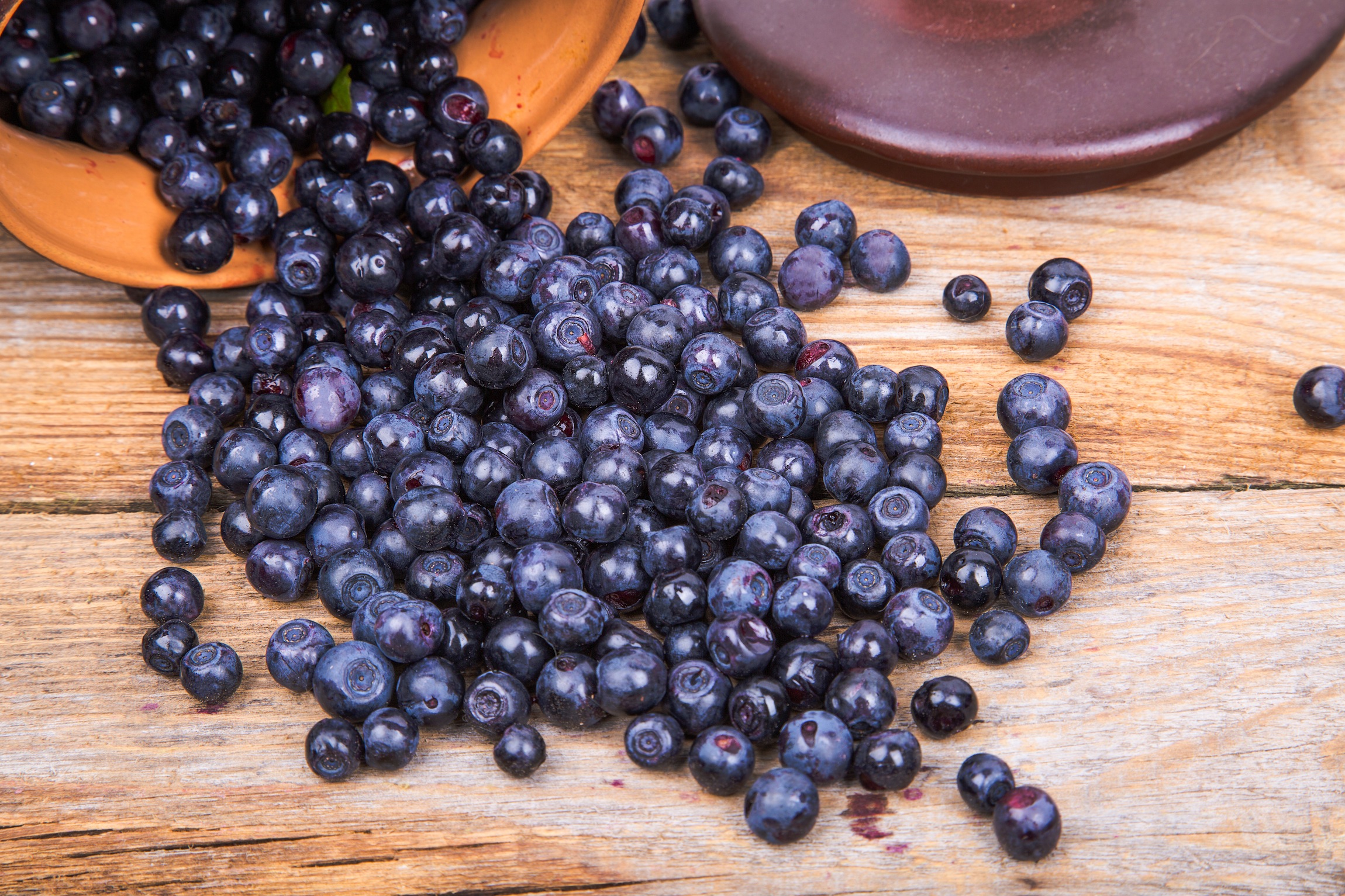Growers answering demand for organic berries
It’s more difficult to grow organic berries in the humid, rainy Southeastern part of the U.S. compared to arid California, but growers in Florida are still increasing their stock.
“For organic blueberries, as more supply comes on board, we are seeing retailers increase their designated shelf space and offer a better retail price for consumers, making organics more accessible and affordable,” said Amber Maloney, marketing director for Plant-City, Fla.-based Wish Farms.
Katiana Valdes, marketing director of Miami-based Crystal Valley Foods, is also seeing a steady rise in demand for and volume of organic berries.
“However, it is still a niche market,” she said.
Demand for both conventional and organic berries is growing, but the organic sector especially, although it’s more popular on the West Coast and Northeast than it is in the Southeast, according to data from IRI/FreshLook Marketing.
Blueberries, and then strawberries, are the leaders.
“The media coverage on the benefits of blueberry consumption has helped drive sales of blueberries over the years, but it also helps remind consumers about the nutritional benefits of strawberries, raspberries, blackberries and cranberries,” said CarrieAnn Arias, vice president of marketing at Salinas, Calif.-based Naturipe Growers, which has farms in North Carolina, Georgia and Florida.
Brian Bocock, Naturipe vice president of product management, said he sees organic berries continue to grow faster than conventional berries.
“And locally grown is holding its own, but not a lot of growth,” he said.
Despite a setback this season caused by the fungus Pestalotiopsis from out-state nursery stock, Wish Farms is still a big carrier of organic strawberries, Gary Wishnatzki, the company’s president, CEO and owner, told The Packer in January.
Wish Farms’ organic program in Florida began 15 years ago.
20/02/2020







